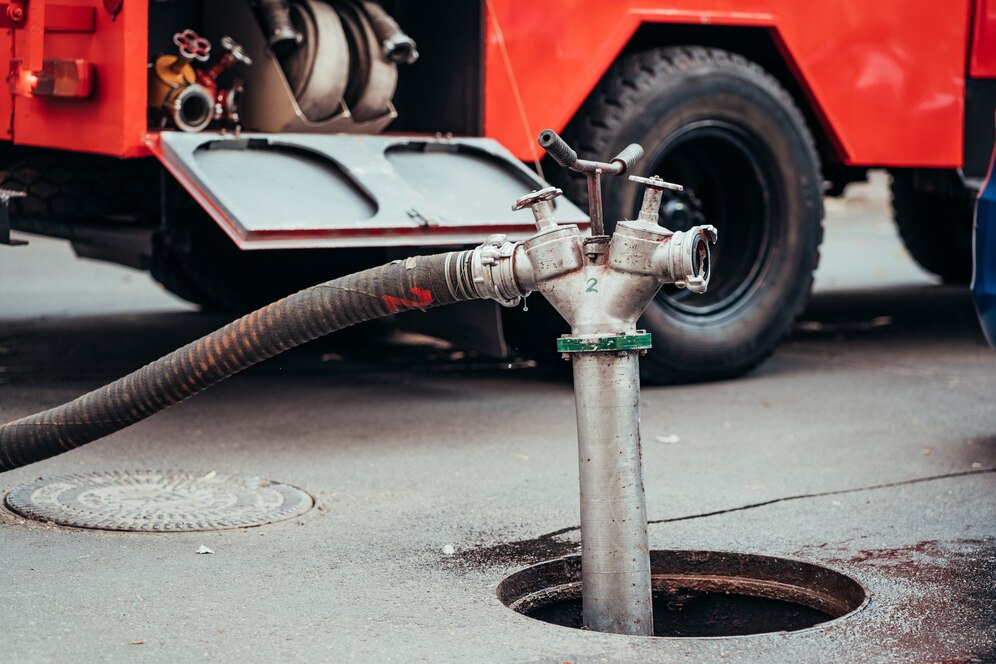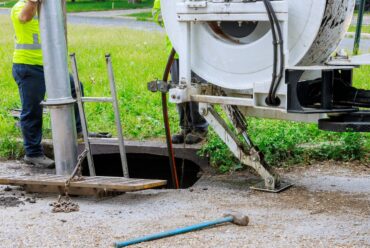The Essential Guide to Sump Pumps: Importance, Types, and Maintenance Tips
Basement flooding can cause extensive damage to a home, leading to expensive repairs and potential health hazards. One effective way to combat this problem and protect your home from water damage is through the installation and proper maintenance of a sump pump. As experts in plumbing repairs, installations, and maintenance services, we have the knowledge and experience to guide you through the ins and outs of sump pumps, their importance, and essential maintenance practices to guarantee a functional and efficient system.
Discover the role of sump pumps in preventing basement flooding and subsequent damages, including structural issues and mold growth. Explore the various types of sump pumps available on the market, helping you understand the differences and choose the best option for your home. Furthermore, get valuable maintenance tips to keep your sump pump operating efficiently and effectively, ensuring a dry and protected basement.
By understanding the importance of sump pumps and adhering to proper maintenance guidelines, you can proactively prevent water damage and create a more comfortable, safe living environment in your home. Let us help you navigate the world of sump pumps and achieve peace of mind knowing your basement is well-protected against potential flooding and the resulting damage.
The Critical Role of Sump Pumps in Protecting Your Home
Sump pumps are an essential component in safeguarding your home from the detrimental effects of basement flooding. Investing in a reliable sump pump system offers the following advantages:
1. Preventing Structural Damage: Prolonged exposure to water can weaken the foundation and walls of your home, leading to cracks and structural instability. A sump pump actively removes water from your basement, helping to maintain the structural integrity of your home.
2. Avoiding Mold and Mildew Growth: Excess moisture in your basement creates the perfect environment for mold and mildew growth, which can negatively impact your indoor air quality and pose health risks to your family. Sump pumps help ensure a dry basement, preventing mold and mildew growth.
3. Protecting Valuables and Personal Belongings: Many homeowners use their basements for storage. A flooded basement can lead to damaged belongings and valuable items. A sump pump can help protect your possessions from water damage.
4. Maintaining Home Value: A dry and well-maintained basement can significantly impact your home’s overall value, as potential buyers may be deterred by signs of water damage or structural issues.
Various Types of Sump Pumps Available
There are several different types of sump pumps available on the market, each with its advantages and applications. Understanding the differences can help you choose the ideal option for your home:
1. Pedestal Sump Pumps: Equipped with a motor placed on a pedestal above the sump basin, these pumps are more accessible for maintenance and have a longer lifespan. However, they tend to be noisier and less powerful than other types.
2. Submersible Sump Pumps: These pumps feature a motor that is submerged in the sump basin, providing quieter and more efficient operation. Submersible pumps are more expensive but typically last longer and can handle larger amounts of water and debris.
3. Battery Backup Sump Pumps: Ideal as a secondary pump or in the event of a power outage, battery backup sump pumps provide additional protection for your basement. They can be paired with either a pedestal or submersible pump, ensuring uninterrupted water removal should the main pump fail or lose power.
Sump Pump Maintenance Tips
To ensure that your sump pump continues to function efficiently and effectively, it’s crucial to follow proper maintenance practices. Some key maintenance tips include:
1. Regular Inspections and Testing: Inspect and test your sump pump regularly to ensure it is functioning correctly. This includes verifying that the float switch is operating smoothly and checking for any visible signs of wear and tear on the pump and its components.
2. Cleaning the Sump Basin: Periodically remove any debris from the sump basin and the pump’s intake screen to prevent clogs, which can hinder the pump’s performance and lead to potential flooding.
3. Checking the Discharge Line: Ensure that the discharge line is free from obstructions and that the water is flowing away from your home’s foundation. Also, confirm that the check valve is functioning correctly, preventing water from flowing back into the sump basin.
4. Battery Maintenance: Battery backup sump pumps require regular testing and charging to ensure they will function when needed.
Safeguard Your Home with a Reliable Sump Pump System
Investing in a quality sump pump system and following proper maintenance practices can protect your home from the damaging effects of basement flooding. By understanding the various types of sump pumps available and taking a proactive approach to their upkeep, you can prevent structural damage, reduce the risk of mold and mildew growth, and maintain your home’s overall value.
Our experienced technicians can help guide you through the process of selecting, installing, and maintaining sump pumps in San Antonio tailored to your home’s needs. Ensuring a dry and comfortable basement environment and peace of mind in the face of potential water damage. Contact Roadrunner Plumbing & Air today to discuss your sump pump requirements and learn more about our comprehensive range of plumbing services!












No Comments